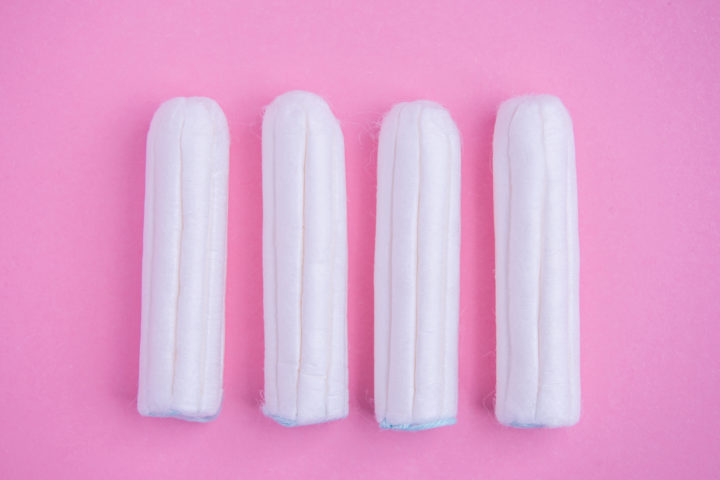You may know the signs of an emotionally abusive relationship, but it might be time to examine how you’re treating *yourself.*
Sometimes we are harder on ourselves than we are on our loved ones. While it’s great to always be working toward improvement and recognize areas in which we can grow, it’s also important to have a healthy relationship with oneself. Self-love is the first step to being able to give away love and have healthy relationships with others. After all, how can you expect to have a functioning relationship with anyone else if you don’t even have anything nice to say to yourself?
Do you think you might be in an emotionally abusive relationship with yourself? It’s not too late to undo the habits you’ve fallen into. Ask yourself these three questions, then take these steps to work toward rebuilding a healthy internal relationship with the most important person in your life: you.
Questions to Ask Yourself
- Do you easily blame yourself or feel immense guilt?
In an abusive relationship, gaslighting is a term used to describe a technique in which one party attempts to alter the other person’s reality. Are you gaslighting yourself? If you are constantly accepting blame—even for things you cannot control or aren’t at fault for—you may be falling victim to the terrible habit of accepting a skewed, self-deprecating version of the truth.
- Do you avoid certain situations, especially social ones?
Isolating is a huge red flag when it comes to abusive relationships. If you are withdrawing from friendships, relationships, and frequently turning down social opportunities, it may be because you aren’t happy with yourself and don’t feel comfortable or worthy of enjoying time with others.
- Do you frequently talk down to yourself and believe only the negative?
When you look in the mirror, do you think positively or do you solely focus on the aspects you loathe? If you are constantly thinking dangerous thoughts like, “I hate myself,” “I’m so fat,” “I hate this body part,” “I can’t believe I did that/said that/acted like that,” your internal dialogue is emotionally abusive and could benefit from a severe renovation.
How to Revamp Your Relationship
- Keep a Journal.
For one week, record both the negative and positive thoughts about yourself you have daily. Are there more entries in the negative column than the positive one? Reading through the messages you regularly convey visually shows you the treatment you’ve been giving yourself. Eventually, you should aim to circulate more self-loving, positive thoughts and talk to yourself the way you would a small child, a loved one, or even a pet.
- Vow to Love Yourself Currently as You Are.
If you are guilty of thinking, “I’ll love myself when…” and then filling in the blank with whichever “accomplishment” matters most to you—ie. “when I lose 10 pounds,” “when I get a boyfriend,” “when I stop having anxiety,” “when I make more money,” etc.— recognize that even if you achieved these so-called accolades, your self-loathing habits likely won’t change. Love yourself as you are now. Consciously decide to do it. Learn to love your weight, your hair, every physical and emotional aspect about yourself that makes you who you are.
- Make Plans Once a Week.
To avoid isolating yourself, start by committing to one social outing a week. It doesn’t have to be expensive; it can be as simple as going over a friend’s house to play video games or binge on Netflix together. Even one night outside of your own mind—and room—can improve your mood and the way you take care of yourself.
- Surround Yourself With the Right Influences.
You deserve a team of people—whether it’s 10 people or one person—who genuinely cares about you, your well-being, and also serves as a good influence. Hanging with friends who only examine their imperfections and want to go back and forth talking about the things you both hate won’t help you change your internal dialogue with yourself. These are toxic relationships. Find people who love themselves in healthy doses—those who would never speak down on you and in turn, never speak down on themselves.
How do you recover from self-loathing thoughts? Let us know in the comments below!
Image courtesy of Getty Images.




comments